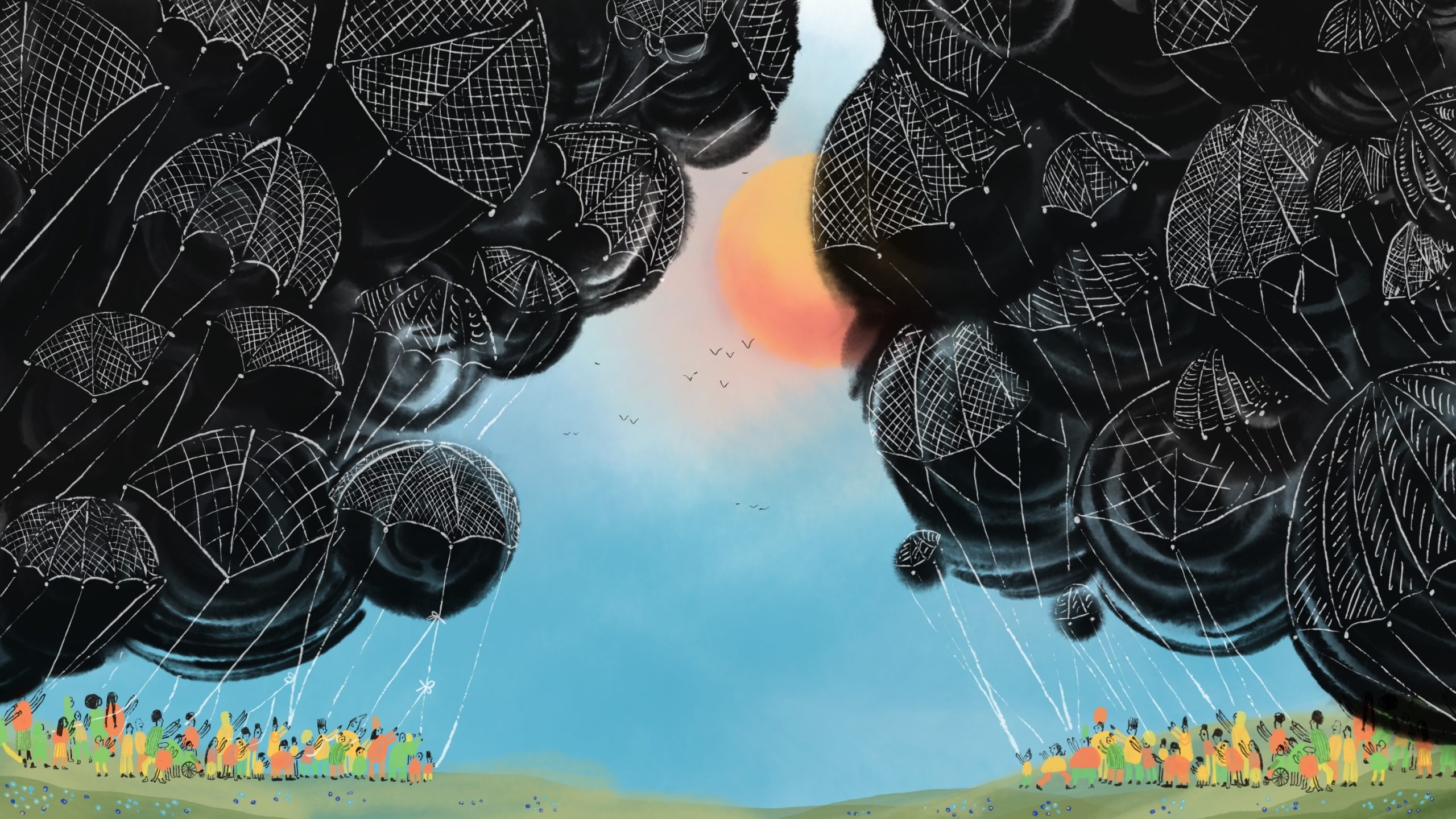Understanding the Roots of the Climate Crisis
The ongoing struggle to mitigate the climate crisis involves multiple fronts, from reducing greenhouse gas emissions to adapting to already evident climate impacts. However, a deeper challenge emerges as we reflect on the systemic errors—our “Big Mistake”—that have accelerated this crisis. This involves a critical examination of societal, economic, and political structures that have prioritized short-term gains over long-term sustainability. By identifying these fundamental issues, we can begin to implement changes that not only address symptoms but also correct the underlying causes of environmental degradation.
The Emergence of Systemic Adaptation as a Solution
As we face increasing climate impacts, the concept of systemic adaptation is becoming crucial. This approach goes beyond immediate responses like flood preparation or heatwave management and delves into the structural changes needed to prevent future crises. It challenges us to redesign societal frameworks, fostering communities and economies that are resilient, equitable, and sustainable. Systemic adaptation isn’t just about survival; it’s about transforming our society to thrive in a balanced relationship with our planet.
Envisioning a Future Built on New Foundations
The path toward systemic adaptation requires a comprehensive reassessment of how we value economic and social activities. Shifting away from GDP-focused measures of success to metrics that prioritize ecological and social well-being is essential. By fostering economic systems that emphasize resource conservation, community empowerment, and equitable wealth distribution, we can build a future that corrects past mistakes. This transformational journey involves everyone—policymakers, businesses, communities, and individuals—each playing a role in crafting a sustainable and just world.

